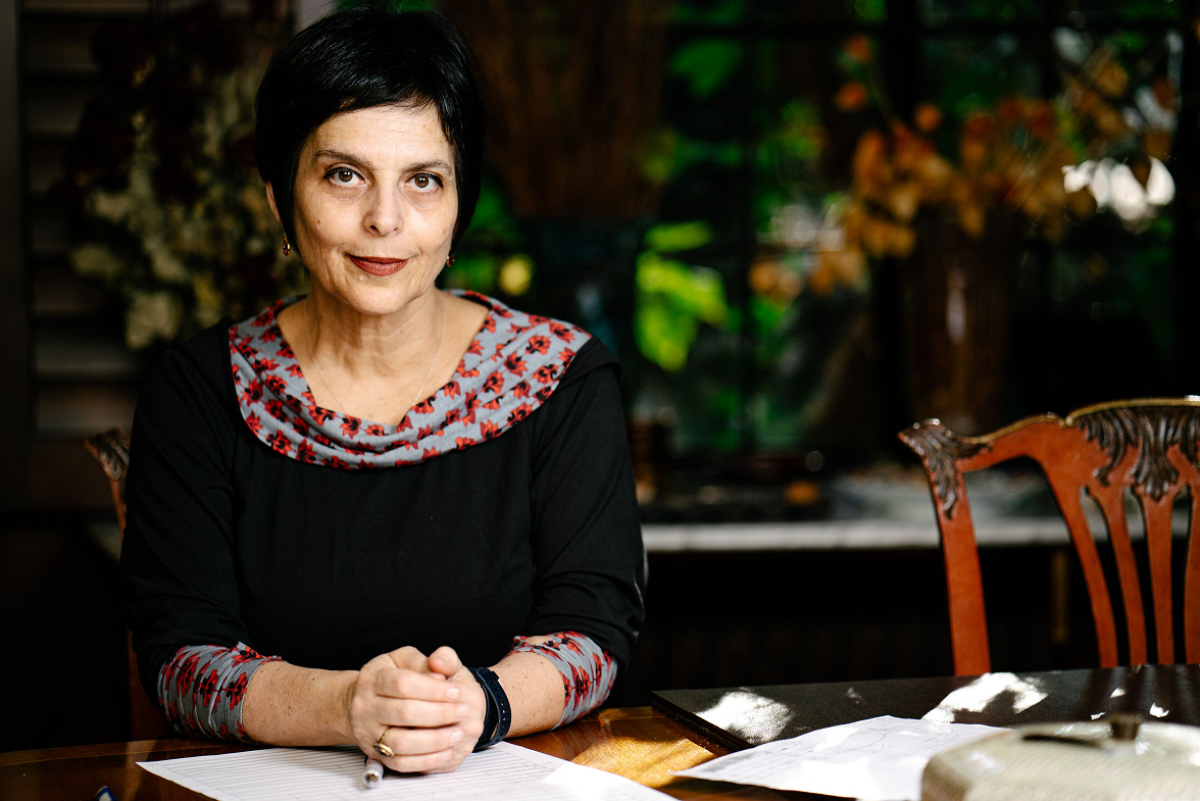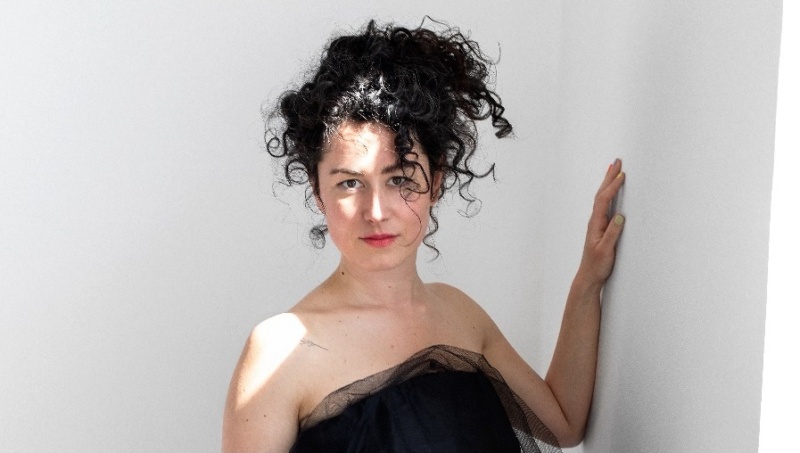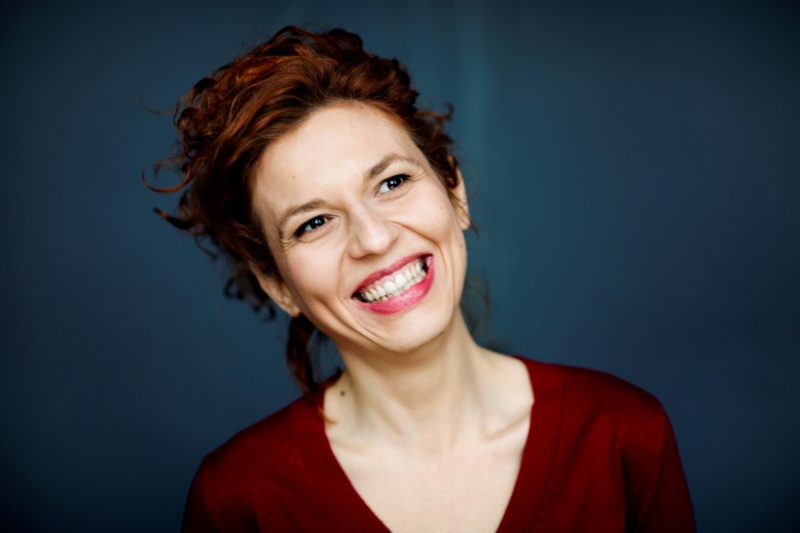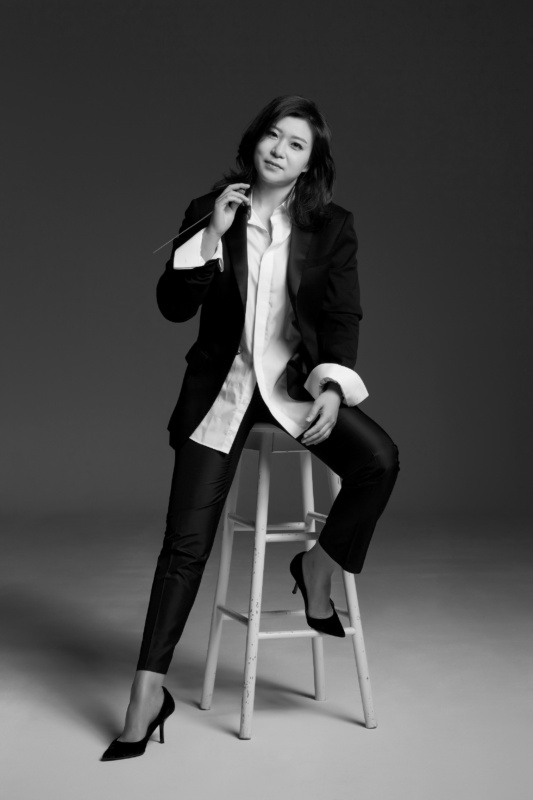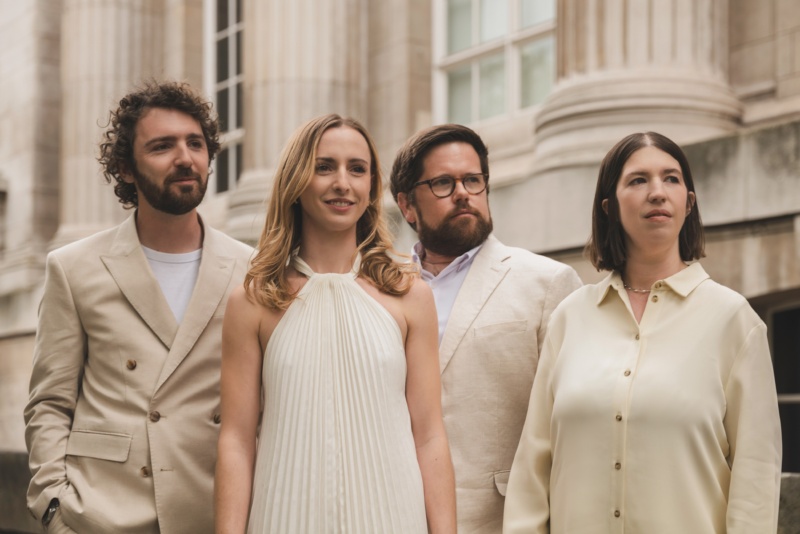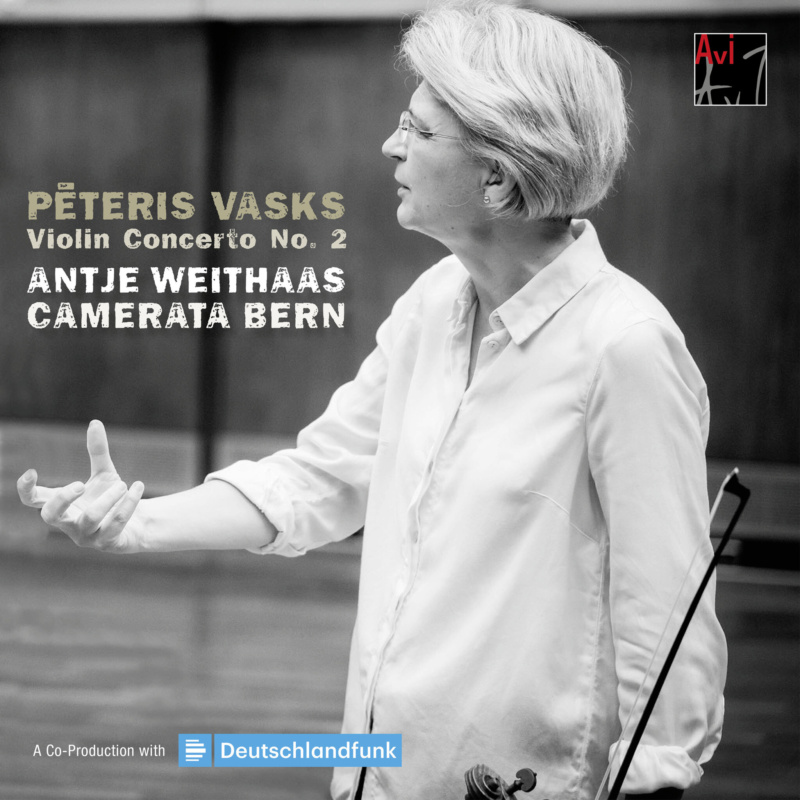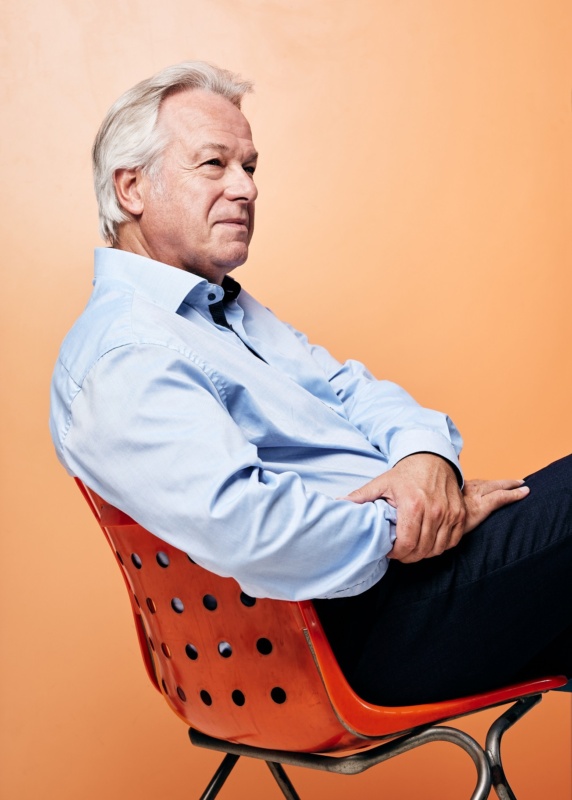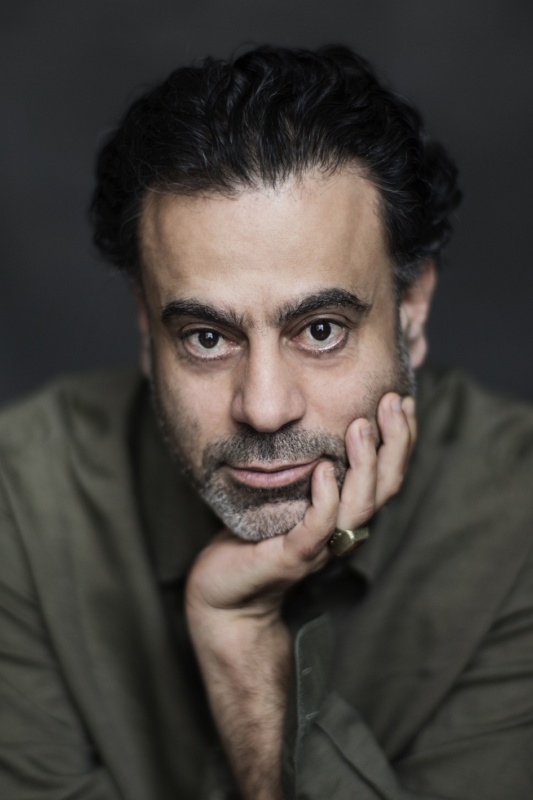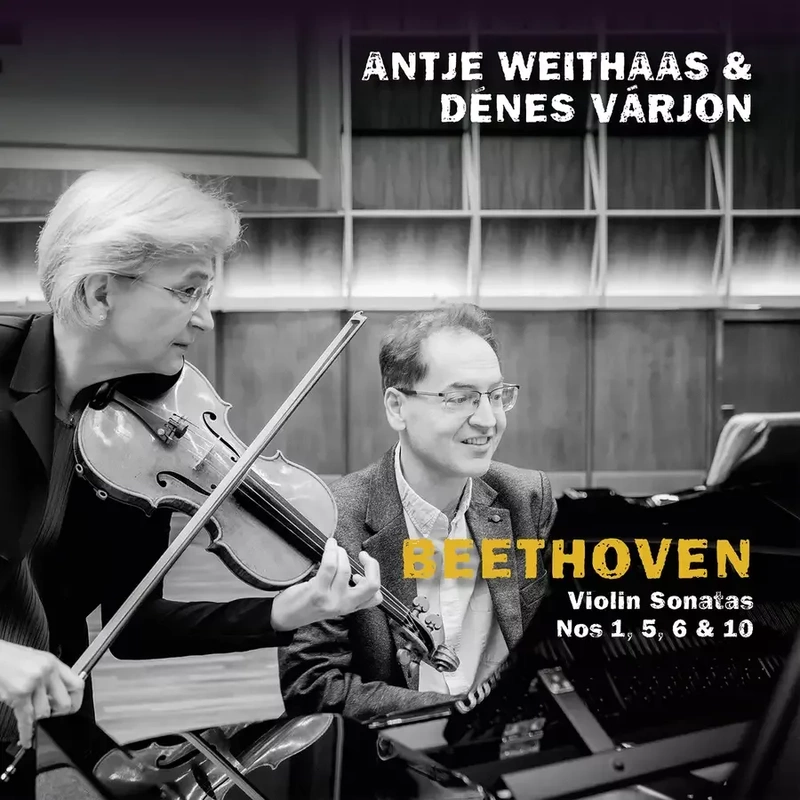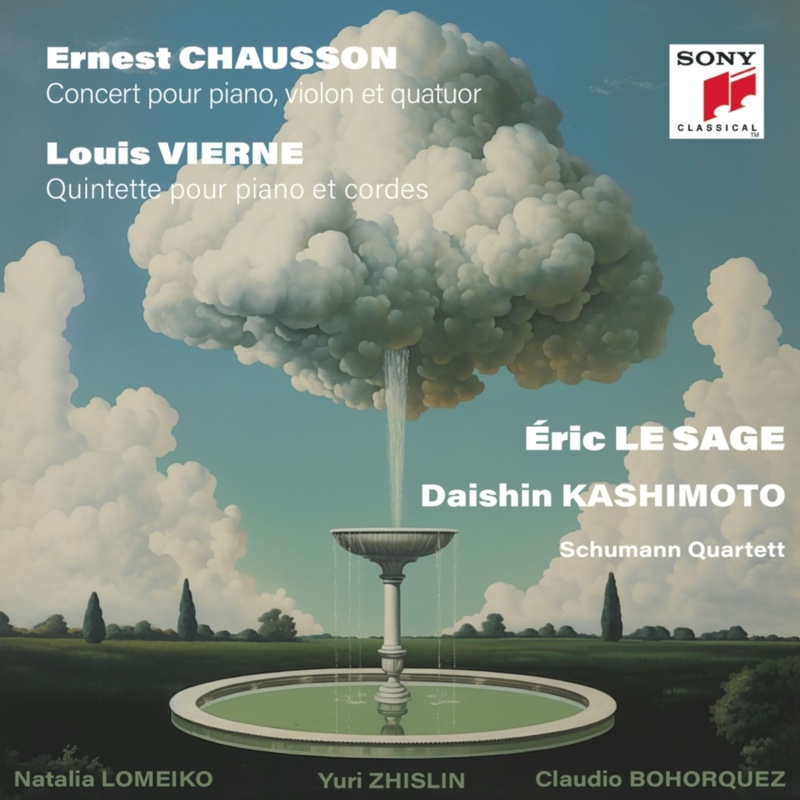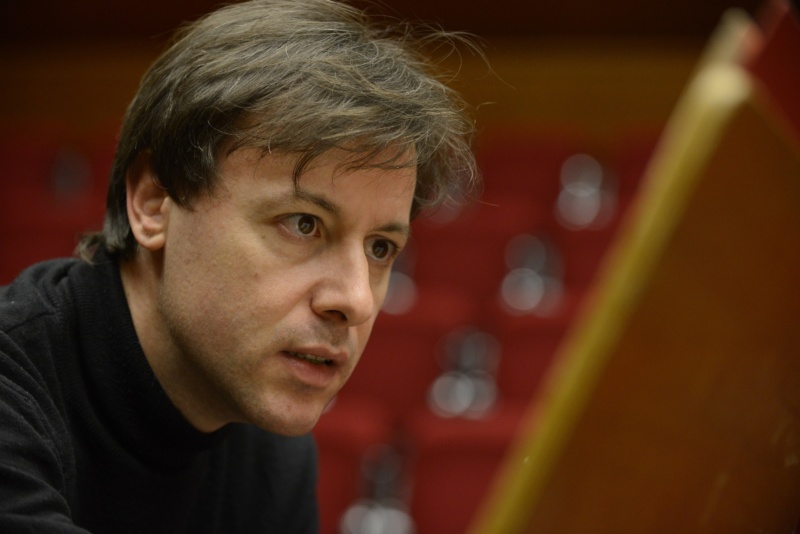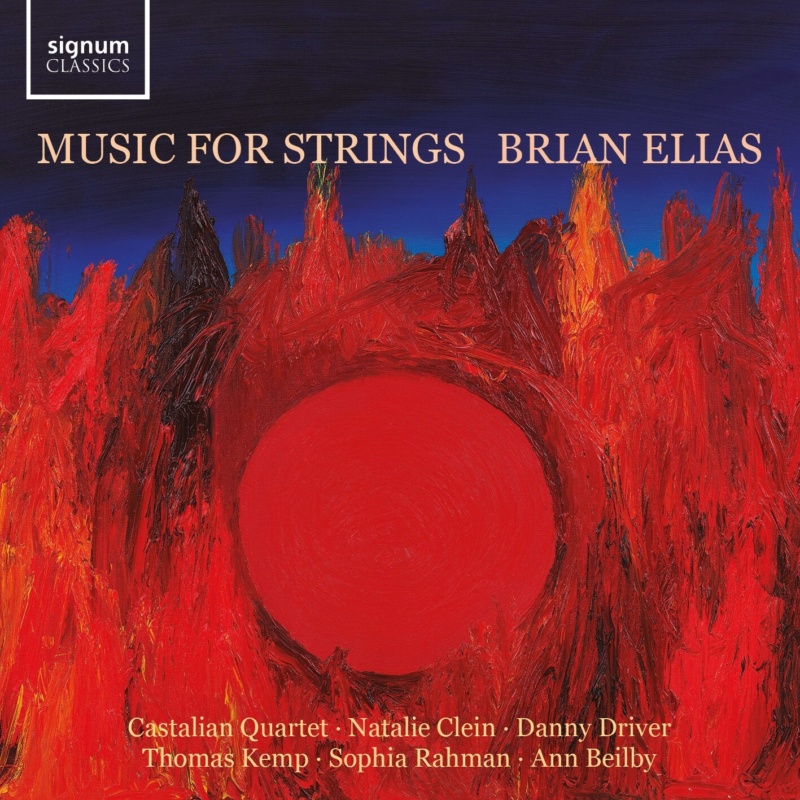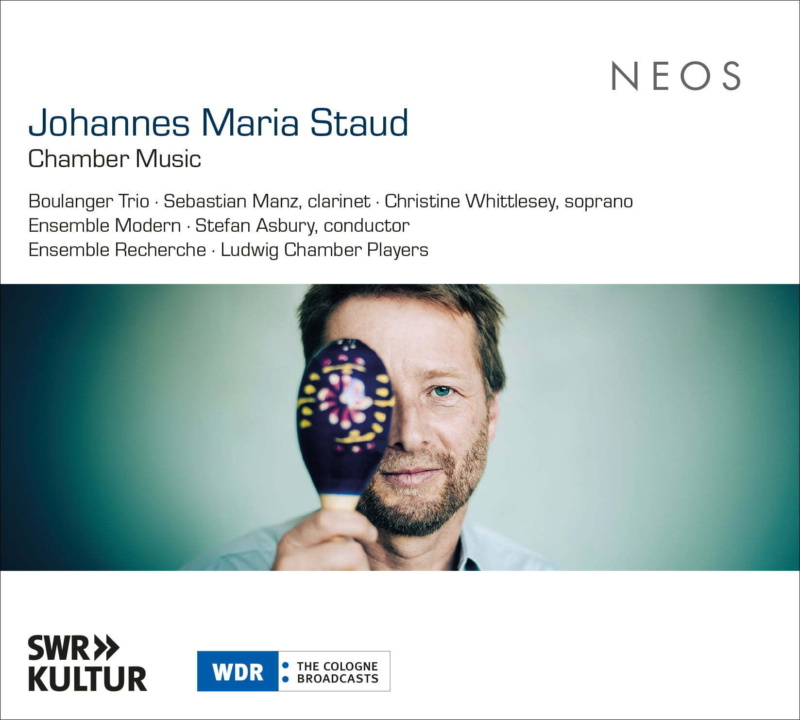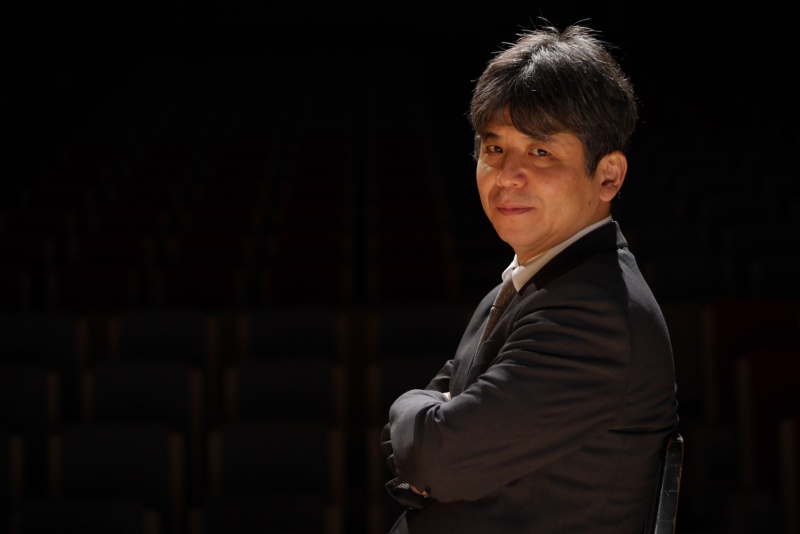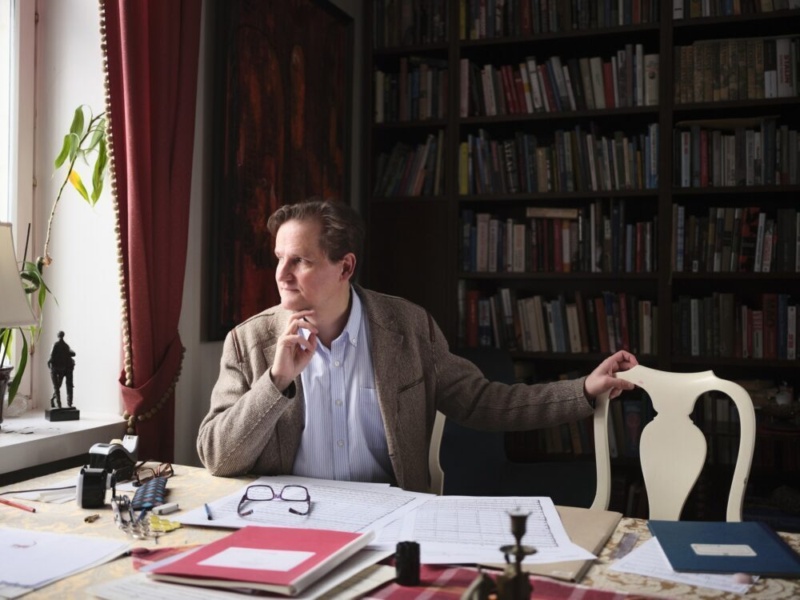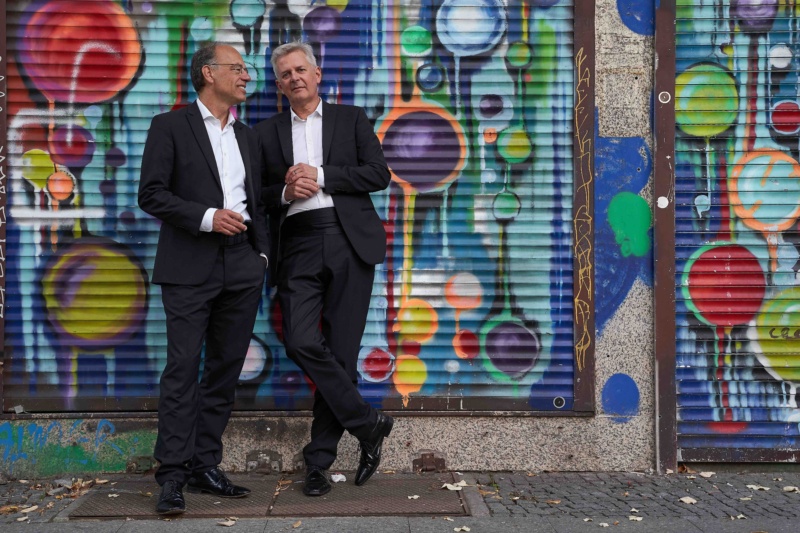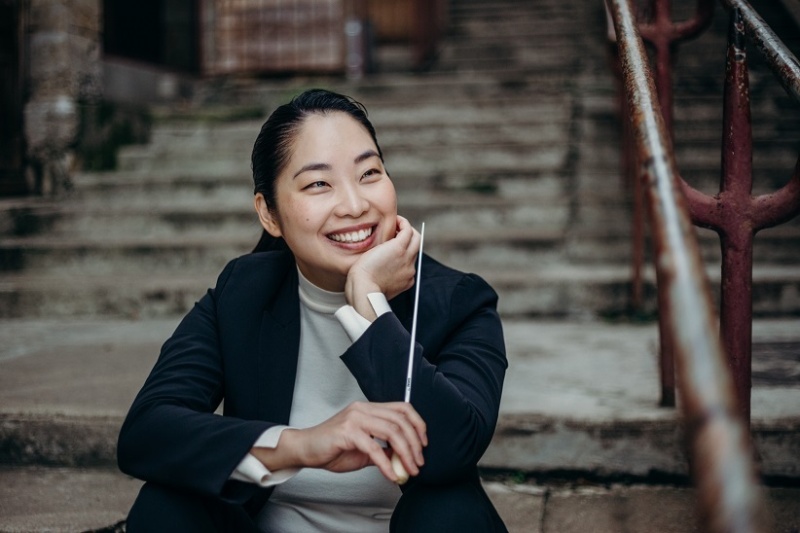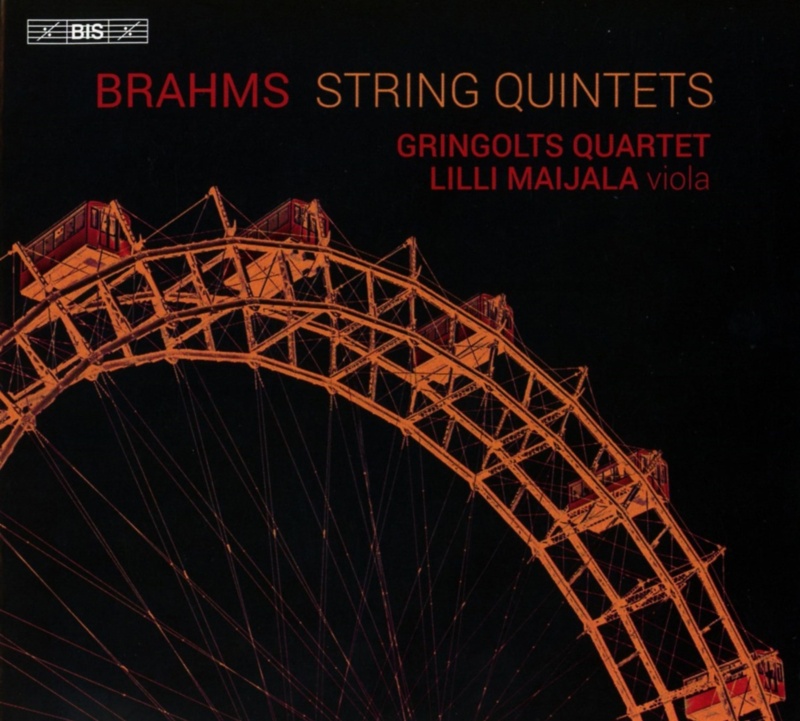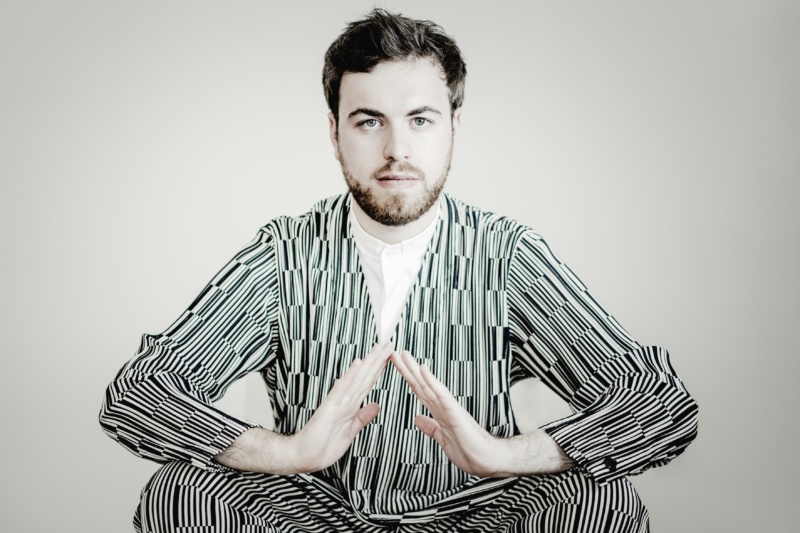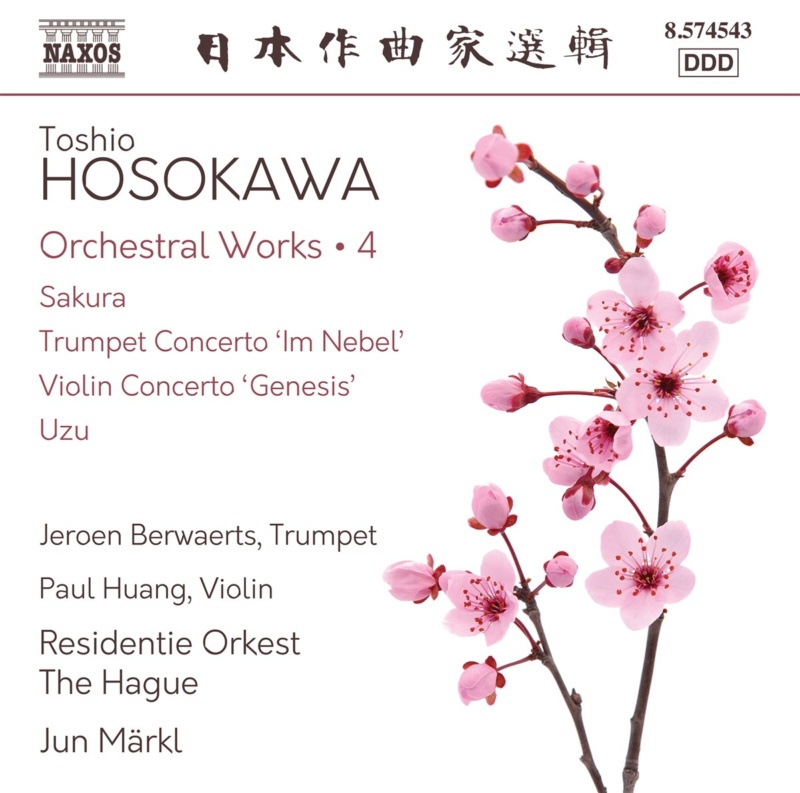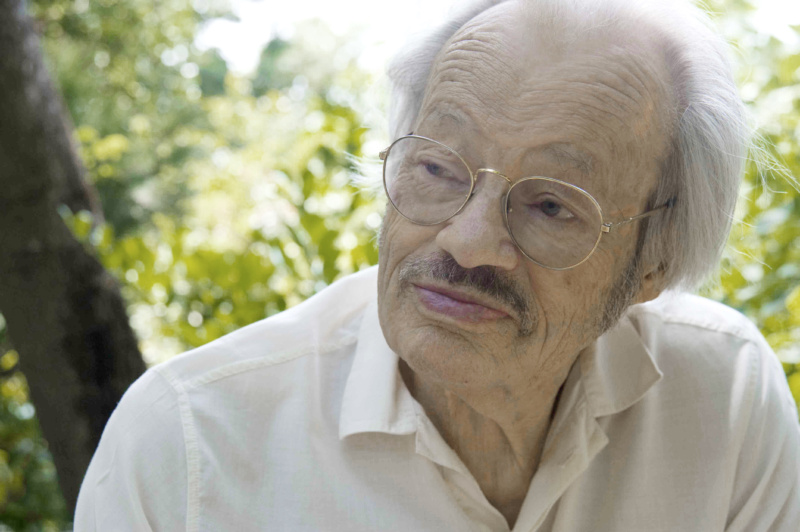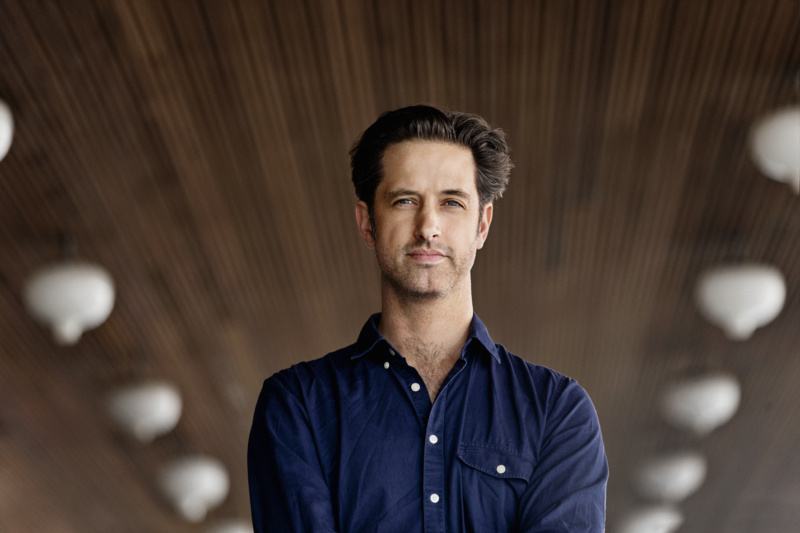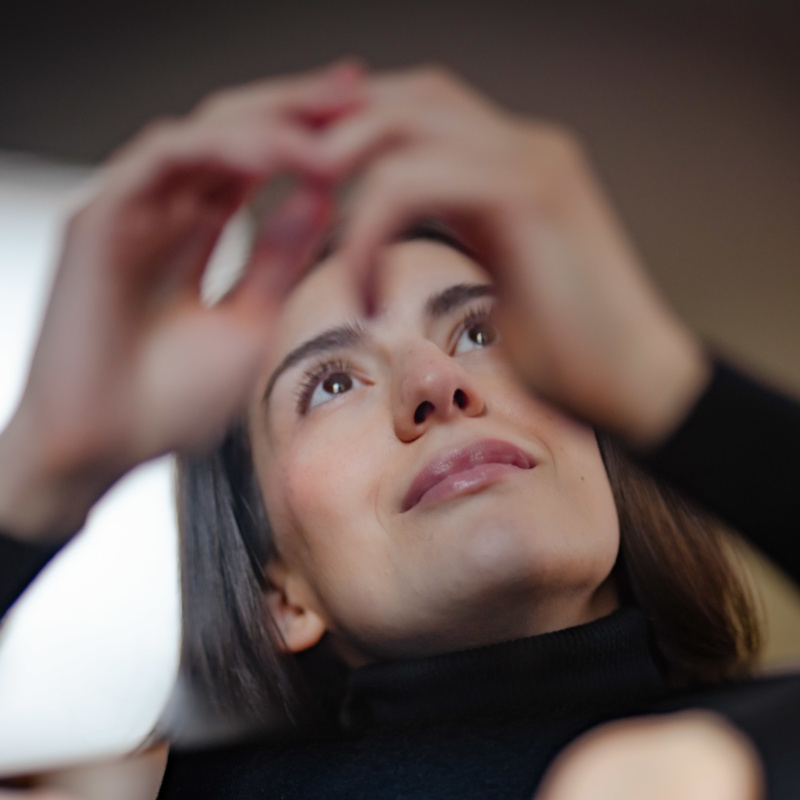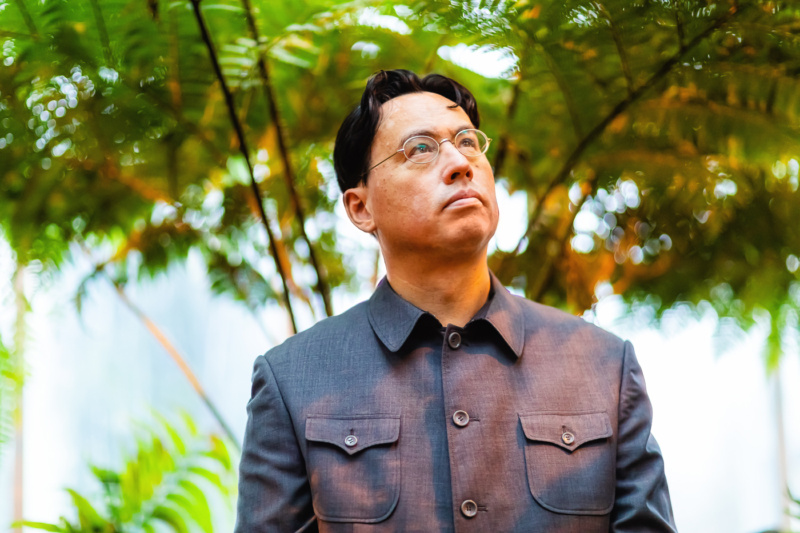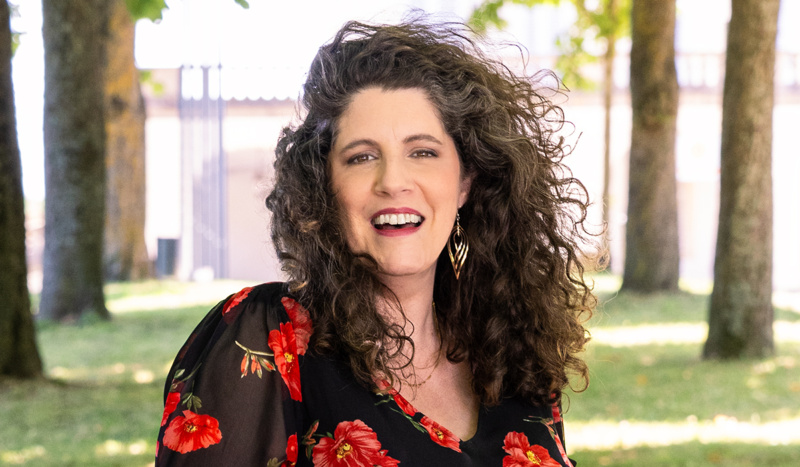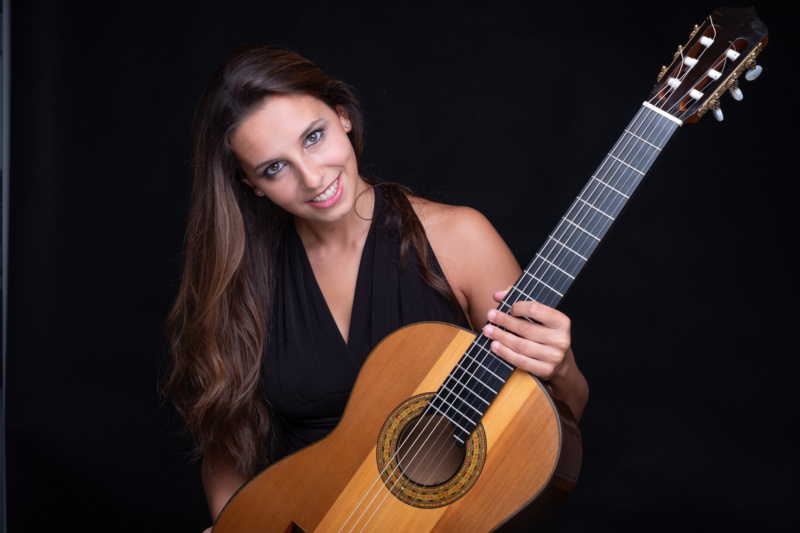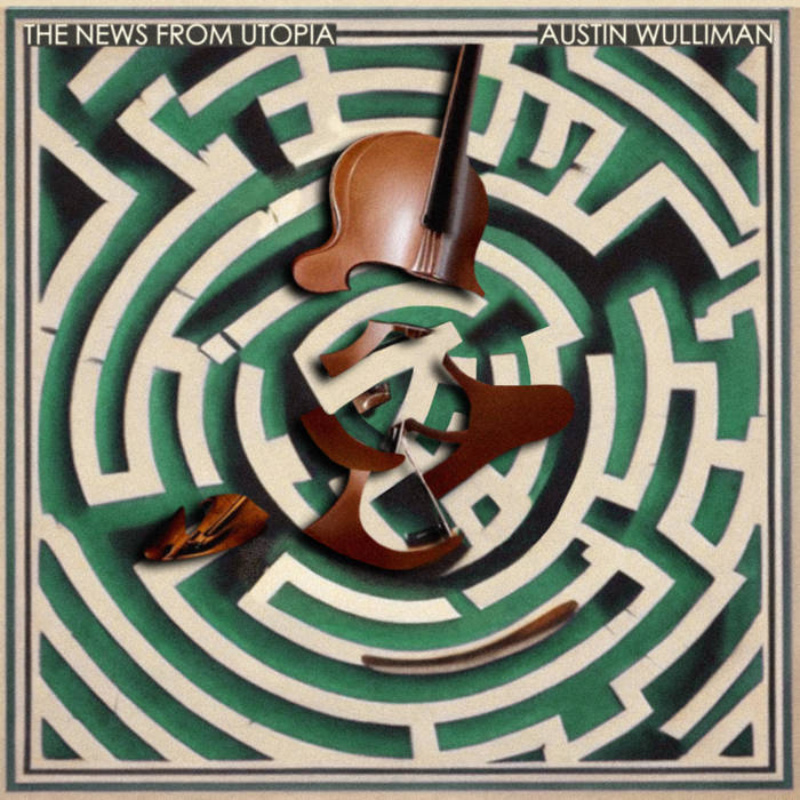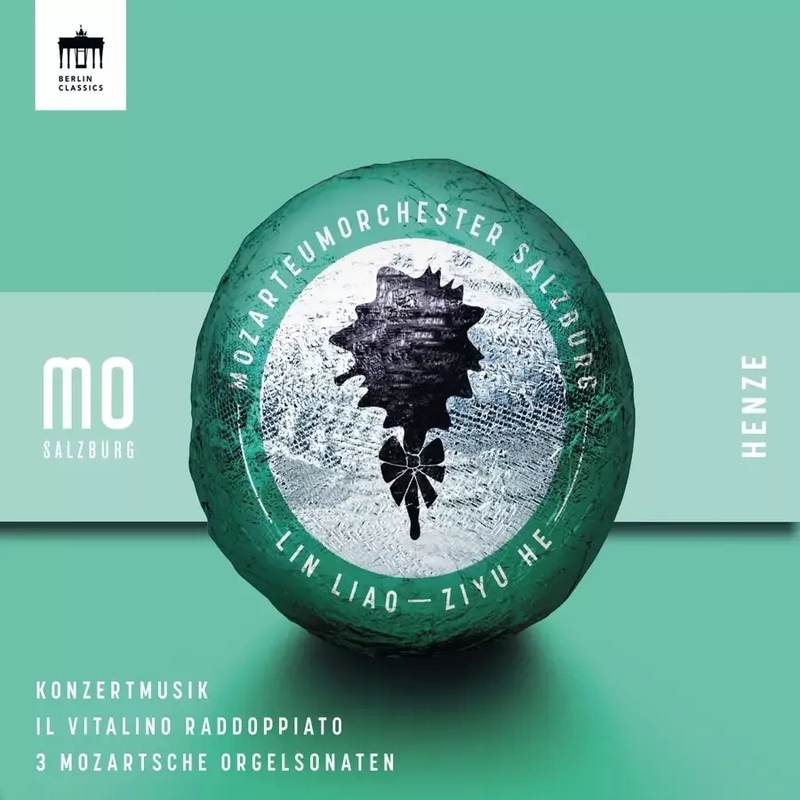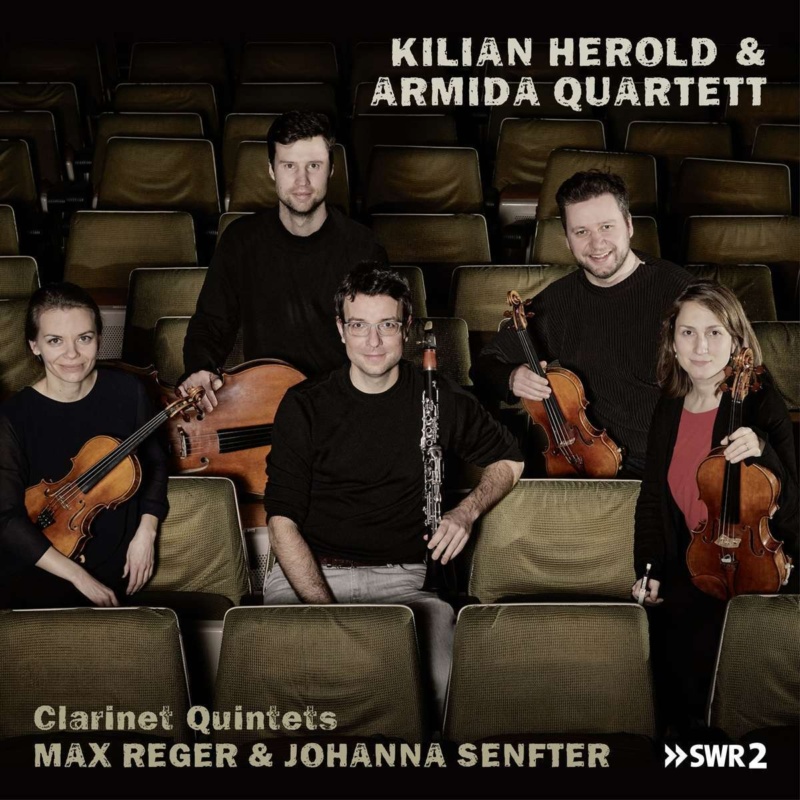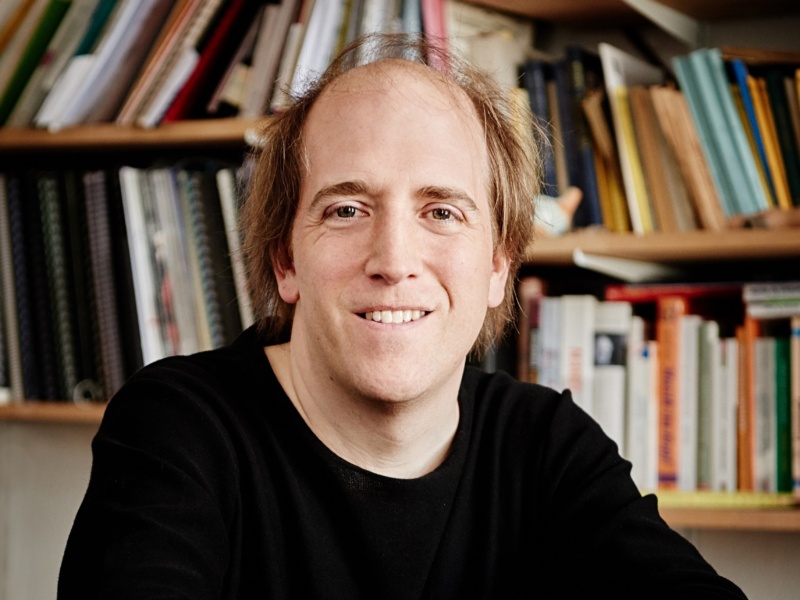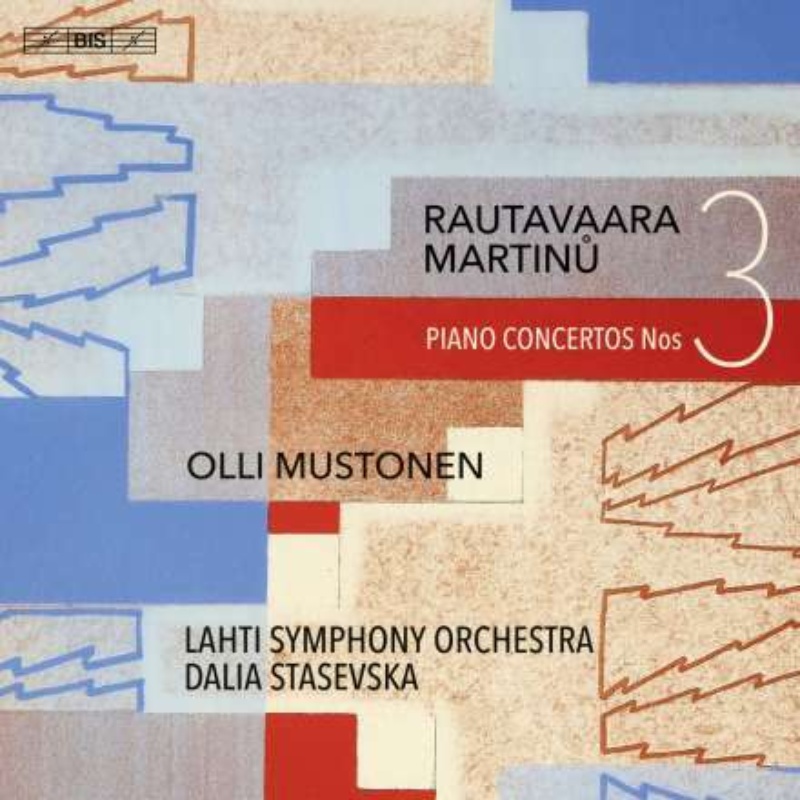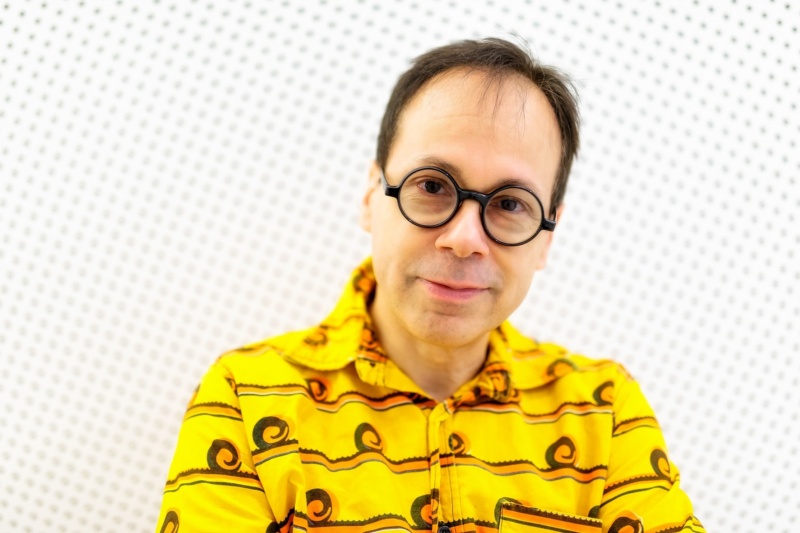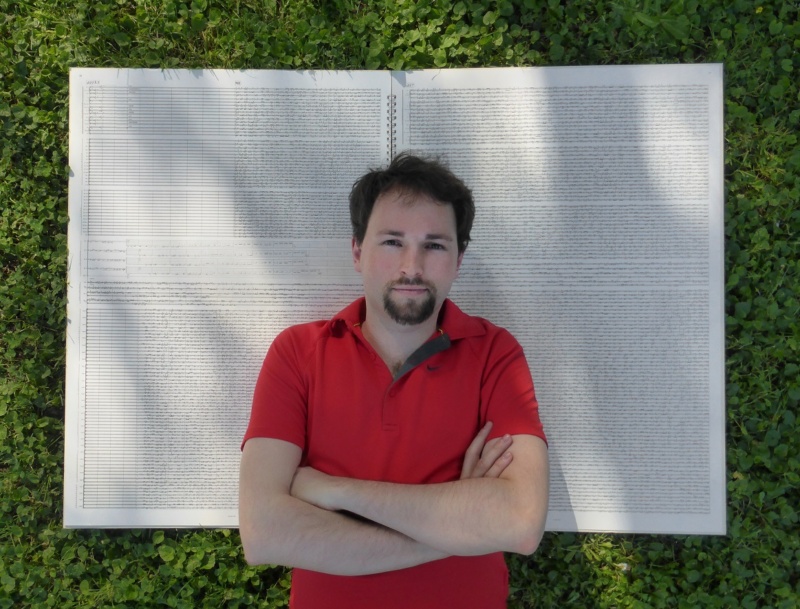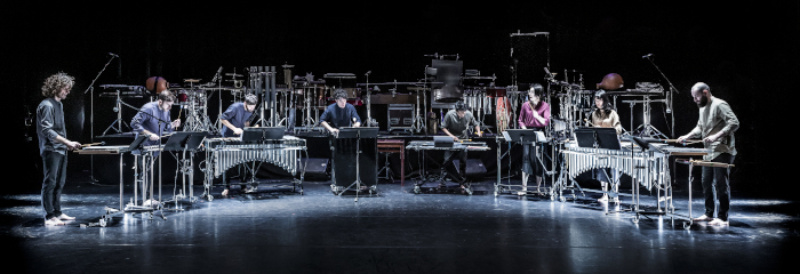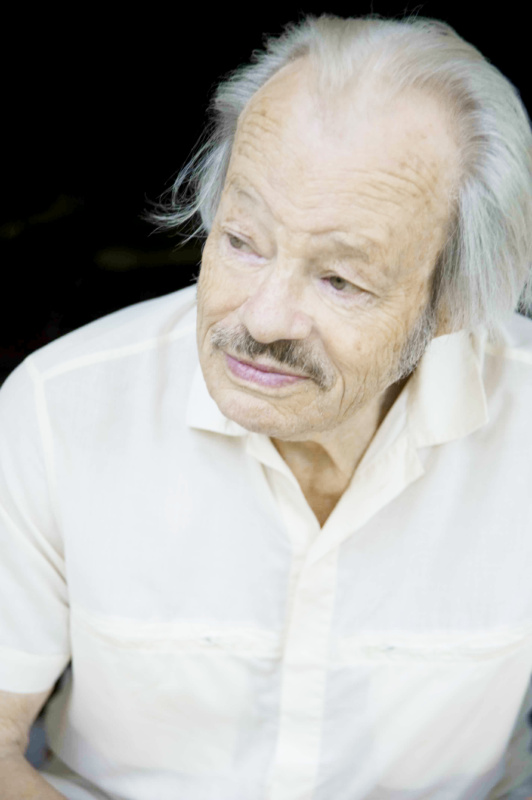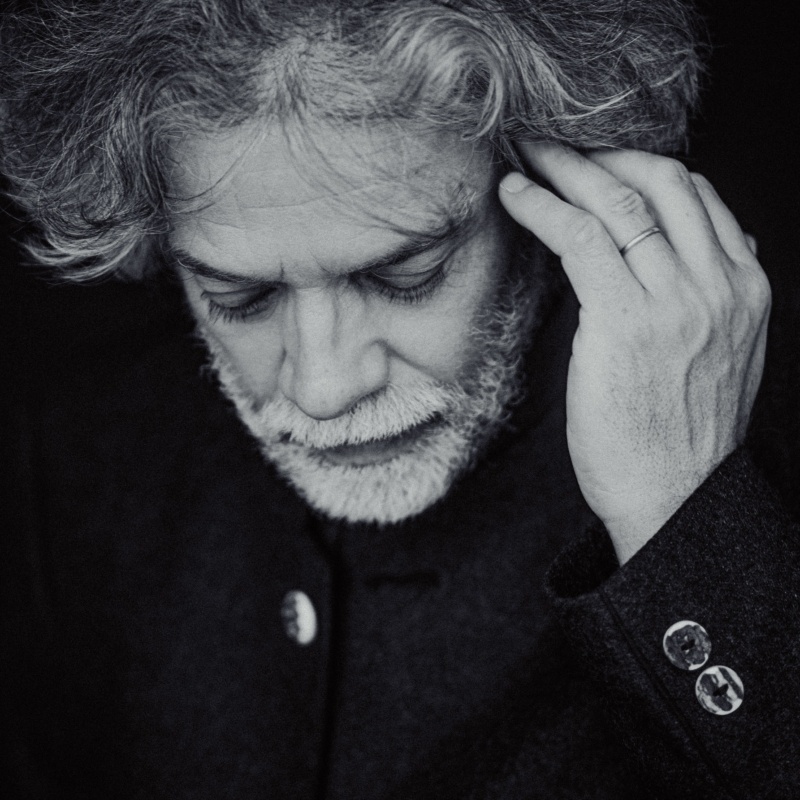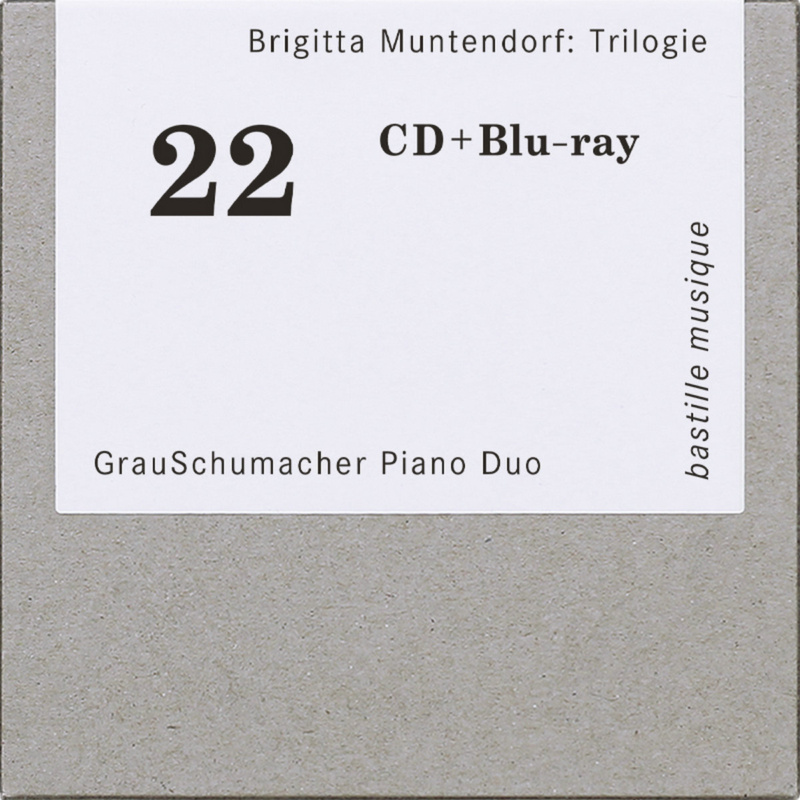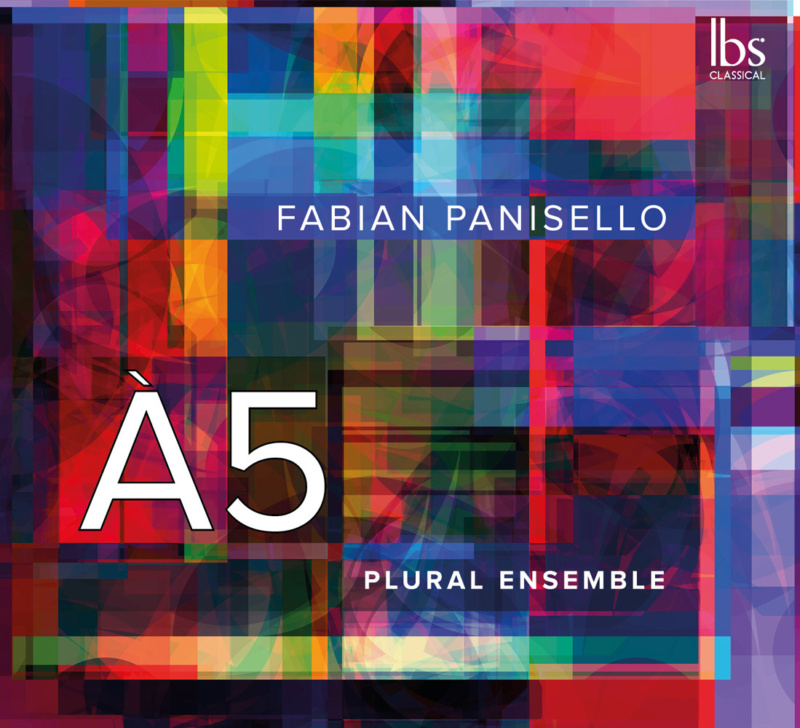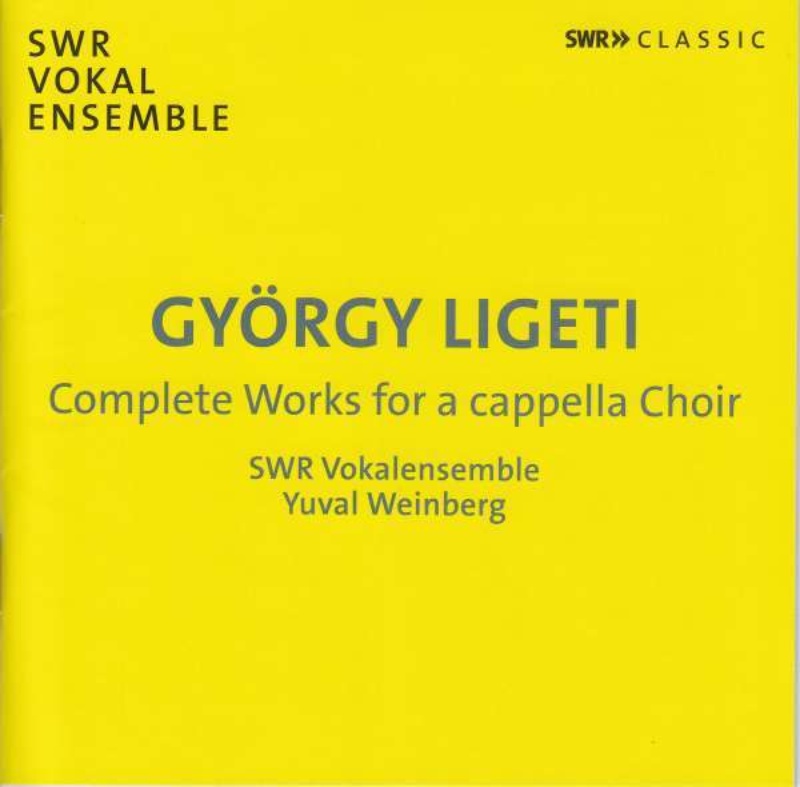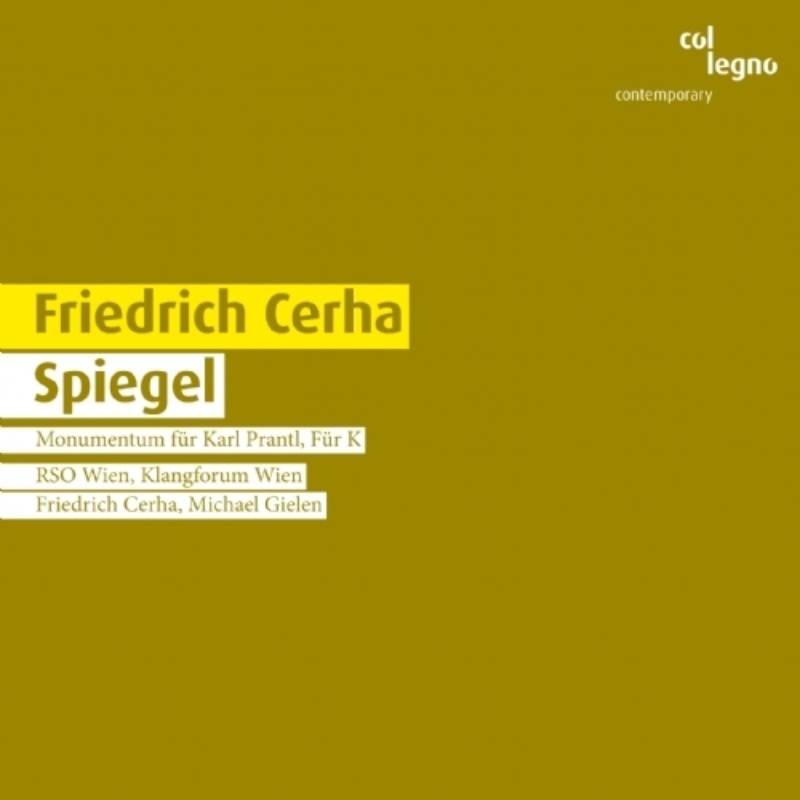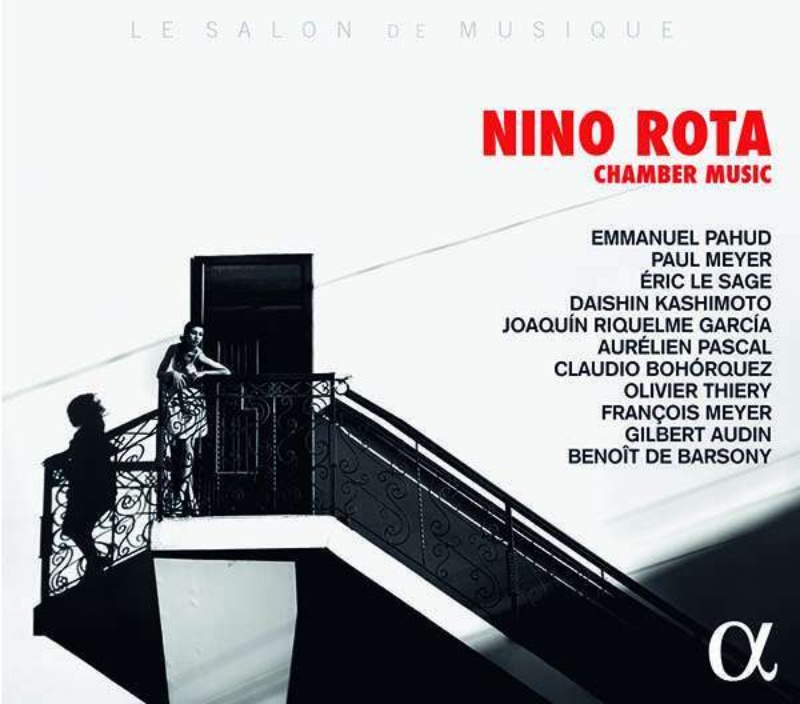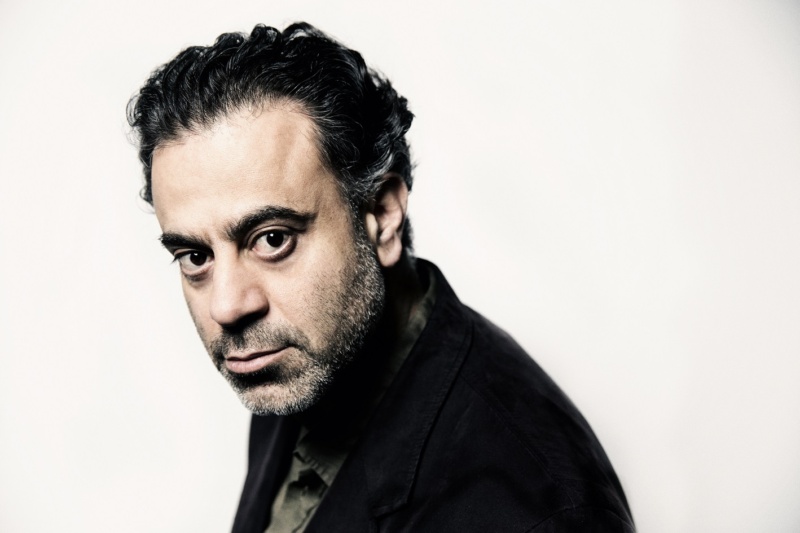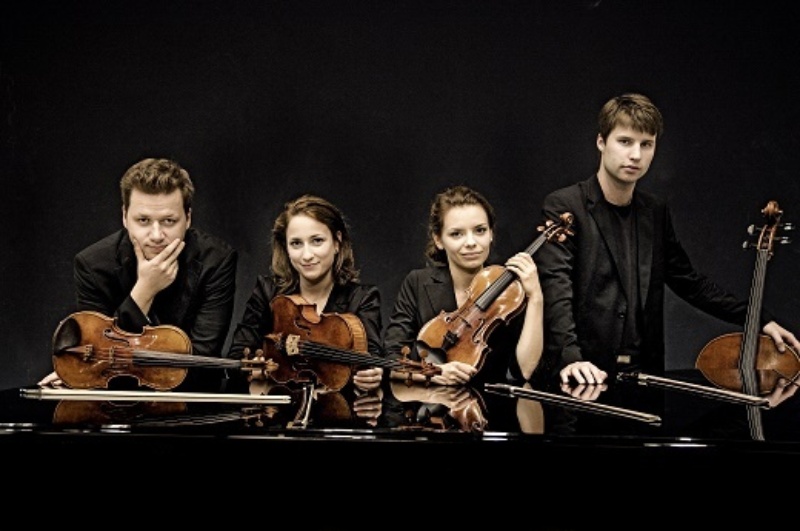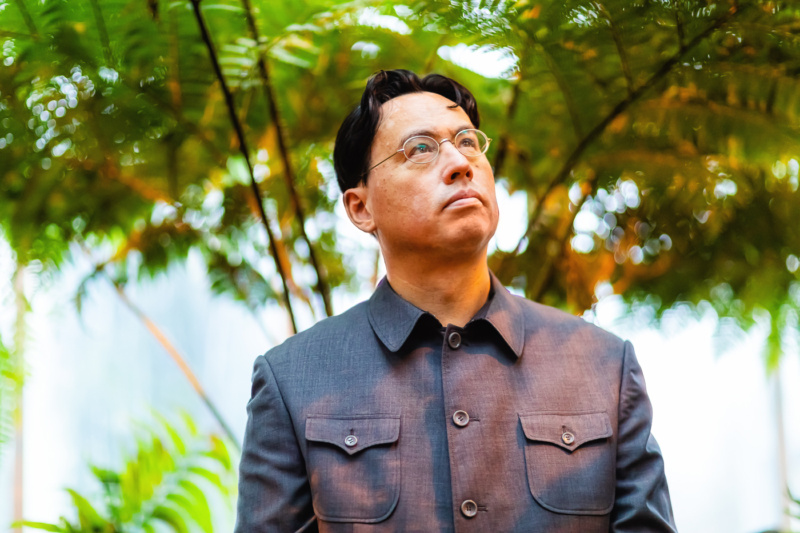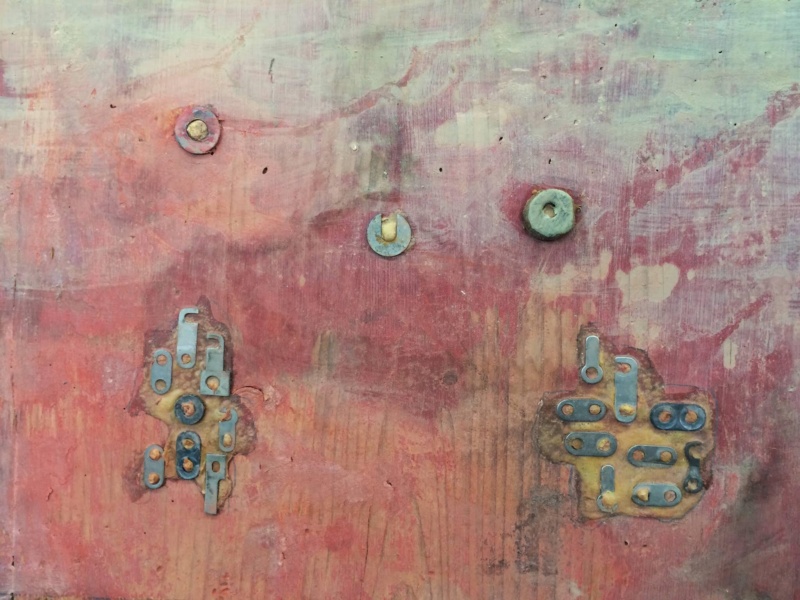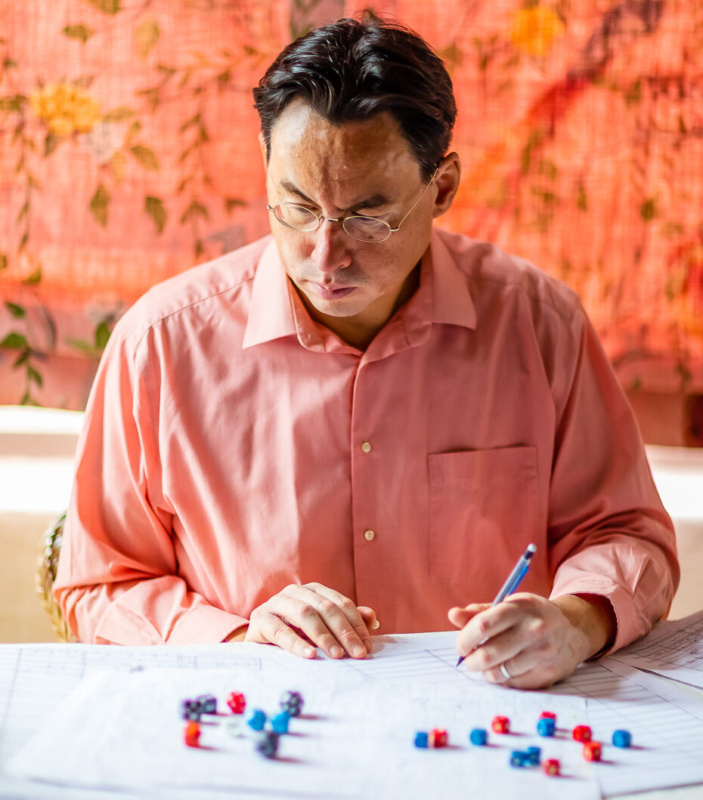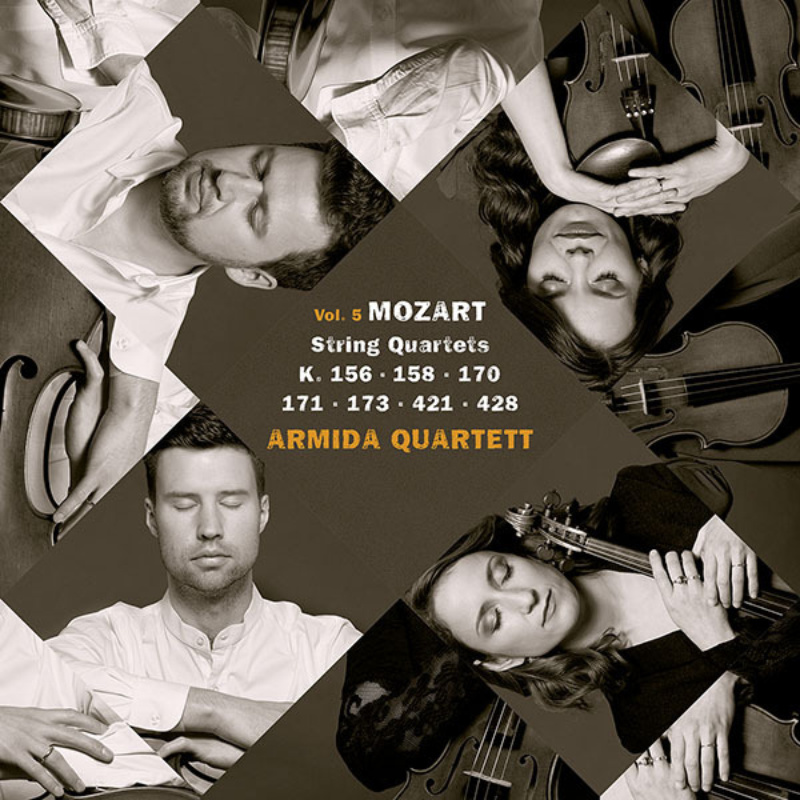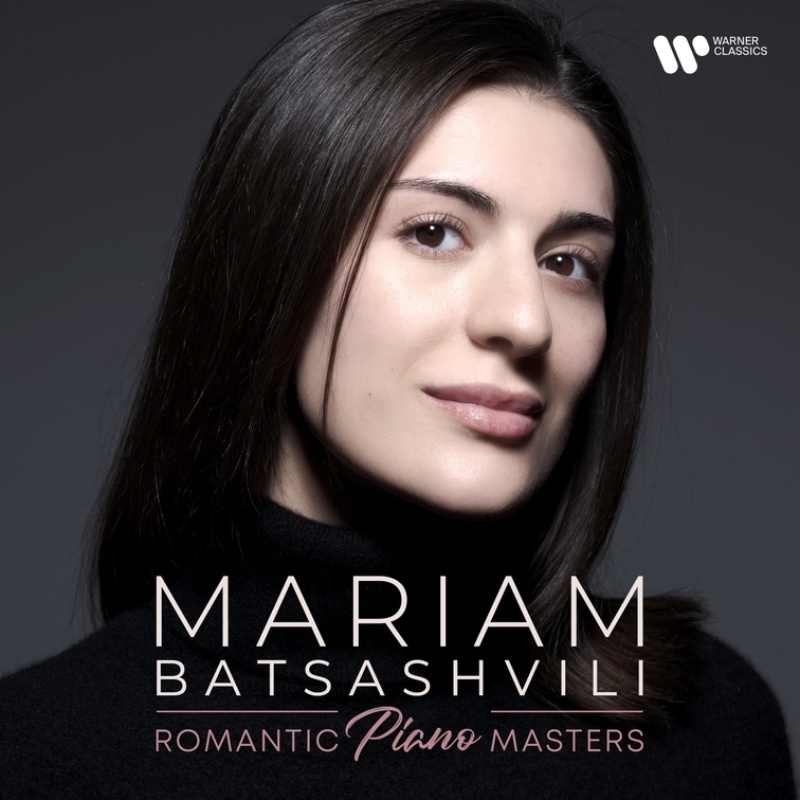Just a matter of months after her celebrated opera Infinite Now, which was recently awarded Premiere of the Year by Opernwelt Magazine, a brand new work by Chaya Czernowin is being brought into the world. The cello concerto Guardian was performed in the closing concert of the Donaueschingen Festival 2017 by the SWR Symphony Orchestra with soloist Séverine Ballon. But what does the name tell us about the piece? Does it refer to the British newspaper, or rather call to mind protecting angels? The composer laughs at these suggestions, explaining: “Sometimes names are just a source of inspiration. It might be the sound or an association that helps colour what you are doing.”
“In this case it’s a kind of request. I wrote Guardian after I finished Infinite Now, as a result of it. Although there is some hope at the end, Infinite Now turned out darker than I expected. In my mind, Guardian is a request for some power to guard us, a non-religious prayer.” The cello concerto is therefore a reaction to her opera, a piece in which she explored the elongation of time in the face of catastrophe from multiple perspectives, using various sources. Infinite Now was based on a story by the Chinese author Can Xue as well as Luk Perceval’s drama Front, itself based on Erich Maria Remarque’s All Quiet on the Western Front.
The spectre of her opera may have loomed over the writing process, but the concerto presents particular challenges of its own. “It appears to be a traditional piece in the sense there is a solo cello following what could be considered an introduction, and there is a cadenza at the end,” explains the composer. “But this is misleading. For example, the ‘cadenza’ is not an improvisatory and virtuosic summation of what has already been said, but rather a new place in the piece where the despair becomes transparent. This quasi-cadenza doesn’t end with a coda, but rather the whole orchestra crashes in all at once – and then the piece suddenly stops, as if in the middle of a jam. Even though the score seems to fulfil the formal conditions of a concerto, it actually transforms them.”
The composer’s artistic partner in this transformation process is Séverine Ballon, who she has known since around 2008, when the cellist took one of the solo parts in her opera Pnima which was premiered to great acclaim at the Münchener Biennale in 2000. “I know her playing and her personality extremely well, meaning I could write this piece inspired by who she is and how she approaches the instrument,” explains the composer. “The people I write for usually bring with them a very individual approach to their instrument, almost as if it is a part of their character. I address this when I write.”
Chaya Czernowin often extolls the importance of such artistic encounters and collaborations. She worked closely with author Can Xue during the composing of Infinite Now. “It is not only about personal experience. I think that every creative person who is open and hungry for experience is inspired by many people and things. For example, I don’t know how many times I’ve photographed the stairs that lead to my house. Because the stairs are very damp, there is something green growing on them, which has a very special hue…”
Perhaps this special hue inspires sound. Chaya Czernowin often uses such sensory experiences in the form of synesthetic associations as the source material for her music. When speaking about music, she expresses herself in rich metaphors. “This is what happens when your motivation to write is not about mastering the virtuosity of authorship,” she offers as an explanation. “I would like to be a master of what I do, but for me it is much more important to discover things I don’t know, and to bring into the world situations or audible impressions through which people can experience things that touch them inside. A metaphor is, for me, a very meaningful and helpful instrument in order to get to this place.”
If she uses all kinds of metaphors when speaking about music, she is comparatively restrained when talking about her musical influences and the aesthetic orientation of her works. “It’s the same when people ask me about being a woman composer, being Jewish, or about being Israeli,” she expands. “I am someone who looks to the future. I looked very closely at my parents’ house in my opera Pnima and when I was working with stretching identities. This is something I dealt with very extensively in the 1990s and the beginning of the 2000s – creating fluctuations or a continuum between different possible identities; for example, the identities of a piece or of an instrument. But now my concerns have changed completely – although, everything I learned is still there. My centre of gravity is not where I have come from, but rather where I am going, and what I want to become. Change is so meaningful for me.”
Just as her artistic interests are always changing, Chaya Czernowin’s place of residence is also always on the move. Her artistic development could therefore be explained in terms of her geographical location, starting with her childhood in Israel, where her musical mentors quickly realised her extraordinary talent. “For me, music was home from the very beginning. I always thought: How could this even be hard? I have perfect pitch, so I could hear everything, all the pitches in huge clusters. But I was not a performer.” Instead of preparing for a career as a concert pianist, as her teachers had hoped, she chose a different path. “When I was 14 to 17, we would have 20 guys over my house at weekends with guitars and drums. I played in a piano bar for years, and we had this progressive rock group. The moment I started writing songs, everything seemed to fall into place. But the music became stranger and stranger and people said: Chaya, this isn’t pop music any more, you have to go and study. Have you heard of Webern?”
For Chaya Czernowin, studying also meant travelling. As a DAAD scholar in Germany she was taught by Dieter Schnebel, and she followed her studies in New York and San Diego with a period of intensive travel. Even if she maintains a focus on the creative here and now, she recognizes the influences she accrued on this artistic journey. “Of course, nobody grows in an empty space. I always say that I have contradictory influences, for example Gagaku (Japanese court music) and free improvisation; Scelsi and Feldman; or Lachenmann and Ferneyhough. But if I was asked to place myself in a lineage, I would say: Ockeghem, Monteverdi, Gesualdo, Scarlatti, Schumann and late Beethoven – people who disagreed with the conventions of their time, working against the past and towards the future. You can see that friction in their work.”
The thought arises that her current place of residence – after professorships in San Diego and Vienna, she has taught at Harvard since 2009 – suits her well artistically. Her eclectic influences and her focus on experience and constant development connect her with American artists of various disciplines. Chaya Czernowin agrees, with a caveat: “I am always looking for friction, and for me this isn’t a very American notion. It is more connected to European dialectical thought. Perhaps I am sort of a strange traveller in the sense that I try to discover the unseen continuum in every dialectic.” Pure dialectic in its basic form is outdated, she says; “With our technology and the capacity for high resolution, we can look beyond the surface to discover how things are connected in very minute ways.”
Her view of these subtle connections, as if seen through a hi-resolution lens, will also surely make its way into the large music theatre piece she is currently working on. “The new opera will be like going home: home to intimacy and the psychological realm. Infinite Now is so huge; it is really my view on the world. The opera I am working on now returns to a very personal voice.”
Nina Rohlfs, 10/2017. Translation: Sam Johnstone
Guardian (2017) for cello and orchestra
Commissioned by the Südwestrundfunk, Philharmonie Luxembourg and the Orchestre Philharmonique du Luxembourg.
World premiere
Séverine Ballon (cello), SWR Symphony Orchestra, Pablo Rus Broseta (conductor)
Donaueschingen, Baarsporthalle, 22/10/2017
